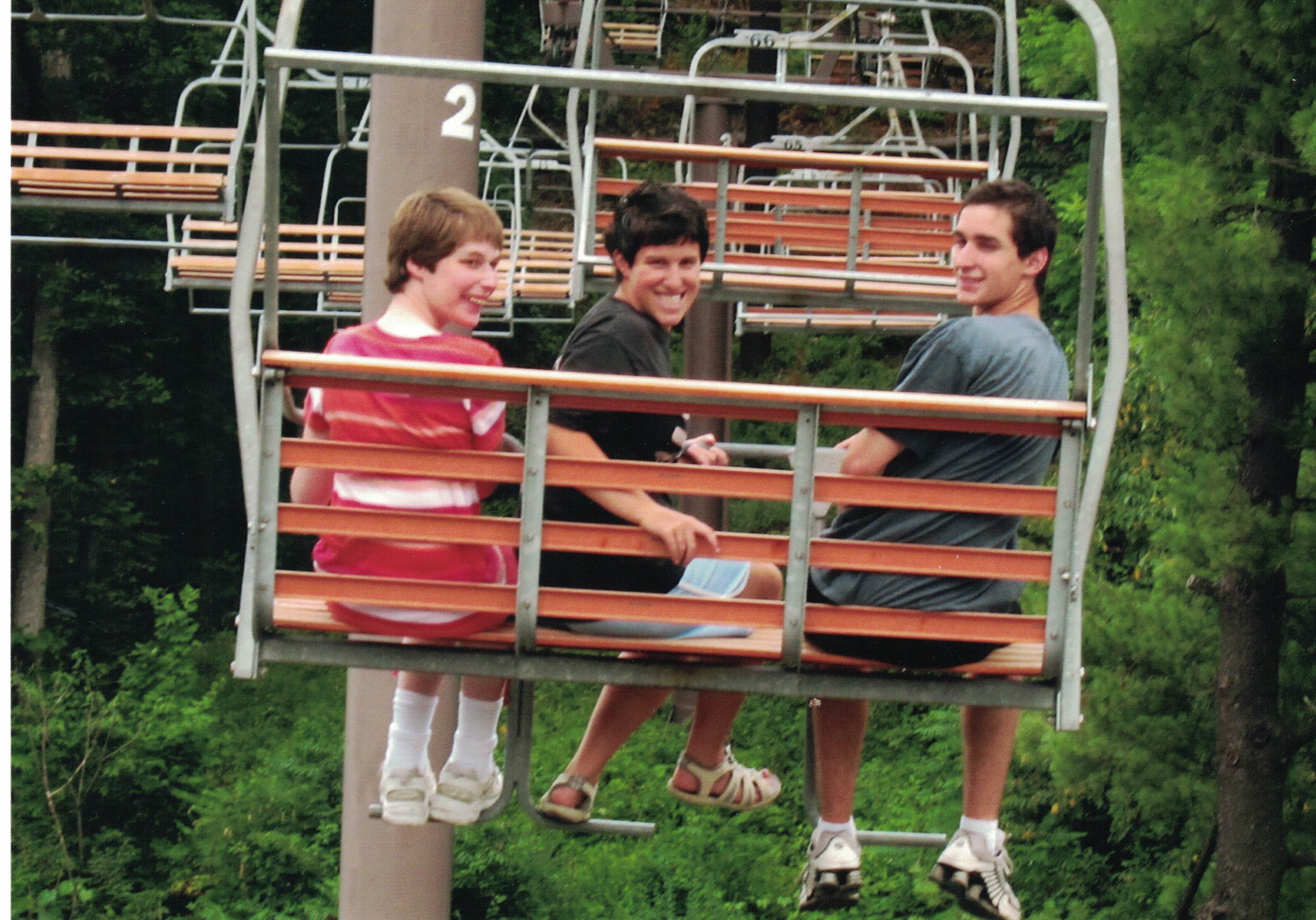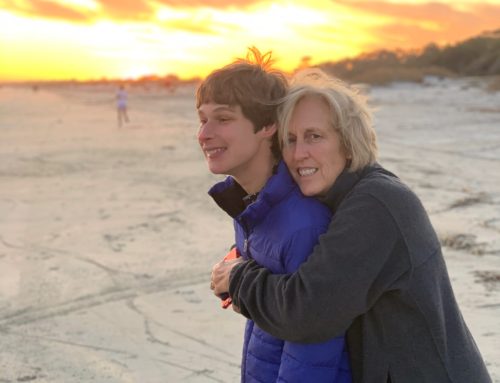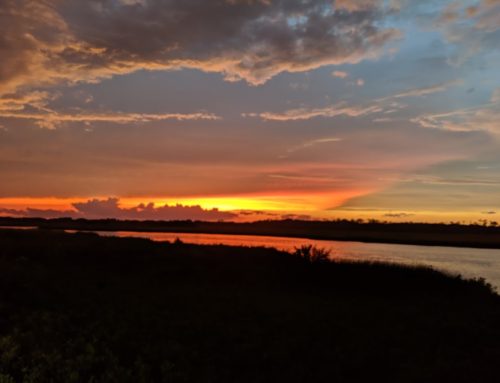Last week we wrote about the impact that having a sibling with special needs (SSN) has on our typically developing (TD)children. To write this week’s blog, we asked our TD children for their input. We asked them a few questions and we’d like to share their responses. Every child and every family are unique and certainly, their experiences are not necessarily the same as your TD children; but I think the responses are interesting and hopefully it might generate some discussion with your kids. Because both Emily (age 29) and Al (25) wrote long responses to the questions, we are going to share their responses over two weeks.
Emily and Al were asked the same questions and although, there were several similar responses, we were struck by how different their responses were. Not only should we not assume that our child’s response will be the same as ours, we also shouldn’t assume that each child responds to special needs child in the same way. Both kids were extremely transparent and shared both struggles AND blessings. We have to admit that hearing them talk about their struggles was hard. Even though we knew we couldn’t shield them from the difficulties of having a sibling with special needs, as parents we wanted to. But we know that to have the blessings of Mary, they also had to experience the struggles.
Both TD siblings commented that they knew that their family was different. “I think as a whole we certainly were not able to do what other families were able to do. I do not necessarily mean this from a vacation perspective, as I have great memories of our entire family (Mary included) going to the Outer Banks. I see this more as a day-to-day struggle. For example, it was hard to go out to dinner and not have an entire restaurant staring at us while ate our meal”. “Nothing was simple”. To handle the added stress and to ensure that the TD children were able to pursue their dreams/goals, we often operated as a split family. One parent would take one of the kids and the other would take the remaining children. While I think they understood this, it was another example of how they felt our family was different.
They also felt there was some extra pressure on them to be perfect, or at least pressure to not add stress to the family. This included feeling as though they weren’t able to freely express their struggles regarding their sister. And when they felt they could express themselves, “conversations were often interrupted”. Sometimes they felt like we downplayed their personal struggles.
They also grieved the loss of a “normal” older sister. “Having Mary as a sister, I was aware of the loss due to her disability. While I have a great relationship with Mary, and can certainly learn a lot from her, she cannot give me advice. Mary was unable babysit me when I was younger. I don’t talk to her about personal matters that I feel I am unable to talk to Mom and Dad about. I missed Mary being able to guide me through life experiences”.
Both siblings felt anger when people laughed at Mary or treated her unkindly.
But alongside of the struggles, they both shared many blessings associated with Mary. Both kids defined themselves as “more compassionate” because of Mary. They are “more patient and less judgmental of people who are different or odd” and credit Mary for this. They believe they are more hardworking, because they witnessed how hard Mary worked to achieve small victories. They have learned to celebrate the small victories, because those victories are often as important as the big accomplishments. “I’d also like to think that I have had a sense of humility because of Mary. I knew I had no more to do with my ability than she has to do with hers.” “I think I have a different and more accurate definition of what success looks like, because of Mary.” Emily credits her strong faith and career choice in part to growing up with Mary.
We also asked them what “advice” they have for parents raising a family with a child with Special Needs. Although we tend to be skeptical of parental advice from someone who isn’t a parent, what they had to say is quite interesting. We’ll talk about this next week.






